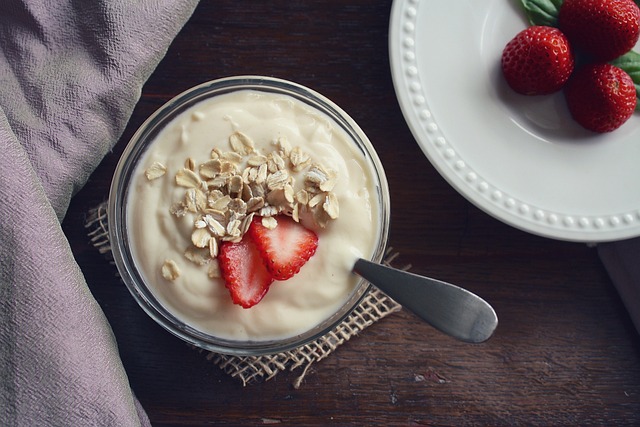Introduction
Probiotics have been a popular topic in the nutrition world for quite some time now, and for good reason. These “good bacteria” have been shown to have a positive impact on digestive health, immune function, and even skin health.
But did you know that probiotics may also have a connection to mental health?
The Gut-Brain Axis
In recent years, scientists have discovered a complex communication network between the gut and the brain, known as the gut-brain axis. This network involves numerous signals traveling between the digestive system and the central nervous system, influencing everything from mood to behavior.
This connection has led researchers to consider the possibility that altering the microbiota in the gut could impact mental health as well.
Probiotics and Anxiety
One of the most well-known mental health conditions that could be impacted by probiotics is anxiety. A study published in the journal Bioscience of Microbiota, Food and Health found that individuals who consumed a blend of probiotics had lower levels of anxiety and stress than those who did not.
Another study published in the journal Psychopharmacology found that individuals who consumed probiotics containing Lactobacillus helveticus and Bifidobacterium longum had reduced symptoms of depressive mood and increased cognitive reactivity to sad mood compared to those who did not consume the probiotics.
Probiotics and Depression
In addition to anxiety, probiotics may also have a connection to depression. A study published in the journal Journal of Psychiatric Research found that individuals who consumed probiotics had lower levels of depression and reported improved quality of life compared to those who did not consume the probiotics.
Another study published in the British Journal of Nutrition found that individuals who consumed a probiotic containing Lactobacillus acidophilus, Lactobacillus casei, and Bifidobacterium bifidum had reduced symptoms of depression and anxiety compared to those who did not consume the probiotic.
Conclusion
While the research on probiotics and mental health is still in its early stages, the results are promising. The studies mentioned above suggest that consuming probiotics may have a positive impact on anxiety and depression.
However, it is important to note that not all probiotics are created equal. Different strains of bacteria have different effects on the body, so it is important to choose a high-quality probiotic that contains strains that have been shown to have a positive impact on mental health.
Overall, while probiotics may not be a “magic cure” for mental health conditions, they are worth considering as part of a holistic approach to mental health and wellness.







